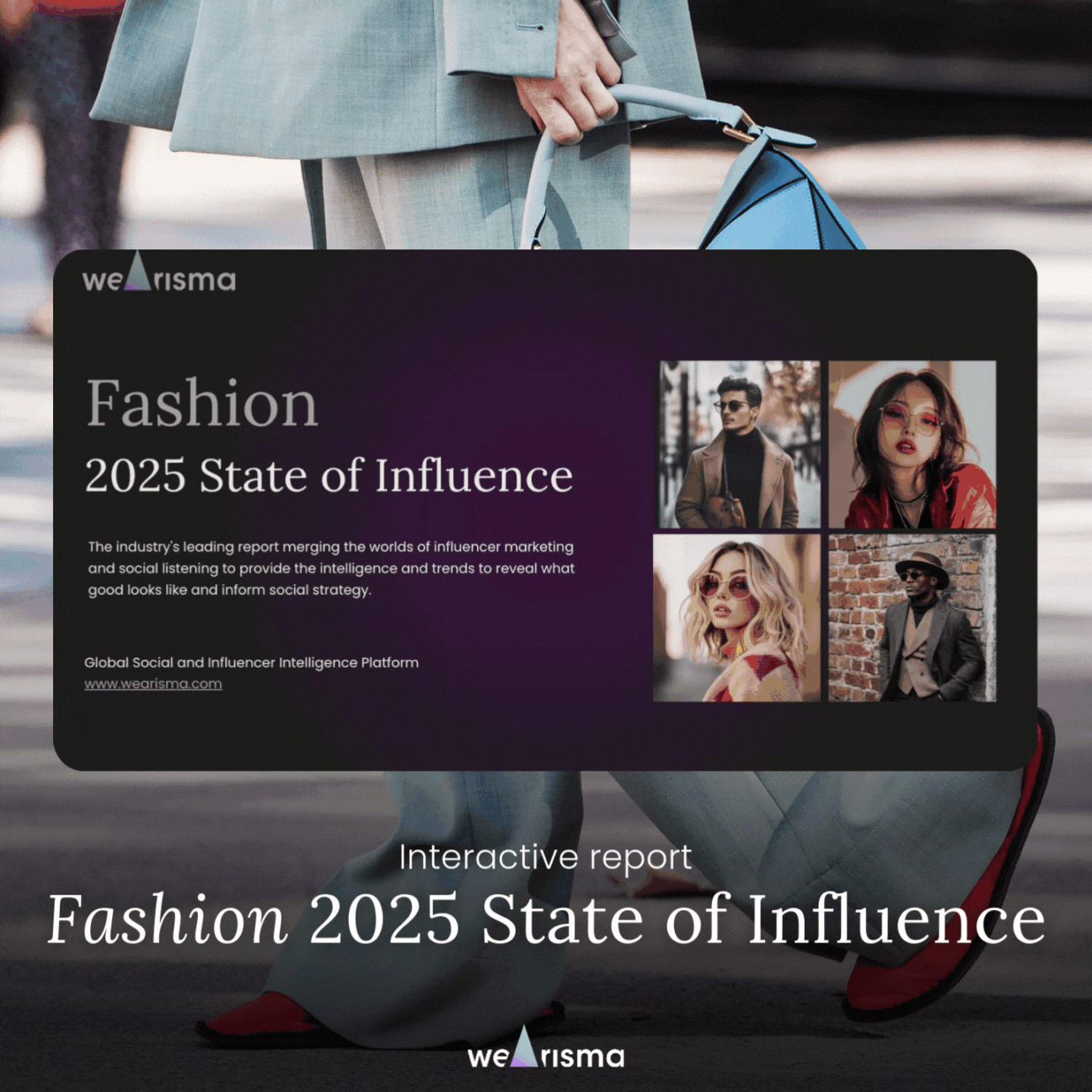As Black Friday approaches, brands are relying on influencer marketing to gain consumer trust and drive sales, with 40% of consumers turning to trusted reviews and influencers for their purchasing decisions, highlighting the growing importance of authentic marketing strategies during the holiday season.

Published On: November 21, 2016
With the most anticipated day in the whole of the annual retail period, brand’s will be gearing up for their biggest revenue push before the new year, their best hope lie in the money monopoly otherwise known as Black Friday. With the panic shopper and bargain hunter planning their shopping list now, retailers grapple to meet consumer demand, offering the best offering of buying discount and see now buy now range that will seduce consumers into a frenzy of product grabbing consumerism.
According to a survey conducted, 24% of the overall Christmas spend will happen on Black Friday with just 2.6% of consumers avoiding their Christmas shopping until the final weeks of Christmas to get the best deal, and ultimately feel like they have cheated the retail system.
Andre Baden-Semper, VP of European sales and marketing at Purch said: “Despite the threat of rising prices in the wake of Brexit, it seems consumers across the UK are set to be spending significant amounts on technology-related products this Christmas.”
For brands, this is their last ditch attempt to drive revenue before the close of the retail year before 2017 begins to rein in the new period for consumers and their purchasing behaviour.
Yet despite all the planning and pre black Friday Christmas effort brands invest time into, marketing surveys have shown that audience and the consumer community are looking to costumer reviews and trusted consumes alike and their opinion, listening to the tried and tested approach rather than, buy it then try it effect. With 40 percent of consumers relying on this when it comes down to their final purchasing decision. With only 11 percent taking their trusted recommendation from magazines and 12 percent from TV.
What does this mean for brands, considering the consumer trust in brands in whether what they buy on black Friday is a bargain or not , or are they buying into the hype or this impulse driven day or are brands smarter than ever, carefully engineering the price of their product so that the given reduction is already in the price, e:g they aren’t offering you anything more than what i already on the price tag.
How do brands then speak to their consumer in trusted and truthful way that they know they will listen and respond to. Influencer marketing could be where brands pick up that extra 72 percent of consumer traction around the Christmas retail period. If traditional marketing and advertising only speaks to small and specified number of consumer members, then the rest may respond to the community of influencer and bloggers they trust and follow through online media to tell them what to buy, when, where and most importantly why.
With Black Friday just round the corner, all brands will try to pull all the strings they can, but consumer trust is important. Will influencer marketing become the new pulling power in our shopping behaviour pattern, and will this extend to all retail season all year round and not just Christmas
Lets see how things fair all Christmas round into 2017.
Want to know more about how you can leverage and increase sales this season around black friday, then head to wearisma.com/brand to find out more
Keep informed with the latest trends, reports, and case studies from the world of influencer marketing.

Influencer marketing has transformed significantly in recent years, expanding beyond simply identifying social media personalities with substantial followings. Today’s successful campaigns require sophisticated systems that address the entire marketing process, from strategic creator selection through content development to comprehensive performance analysis.

WeArisma’s Fashion 2025 State of Influence Interactive Report – Your Essential Guide to Beauty Brand Success in the Digital Age.
The fashion landscape is evolving. Traditional strategies no longer guarantee success – Resonance, Virality, and Authentic Engagement are beginning to define market leaders.
Our latest Fashion 2025 State of Influence Report uncovers the key shifts shaping the industry and the strategies fueling sustained impact.
Stay up to date with the latest industry trends and topics
Discover how WeArisma can help you harness the power in influence, grow your brand’s presence, and achieve measurable success.
WeArisma combines the power of AI, influencer marketing and social listening to deliver smarter, scalable strategies with real impact.